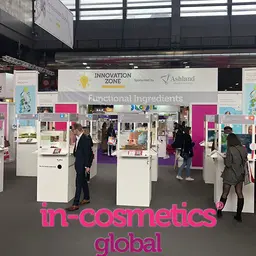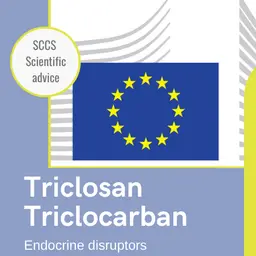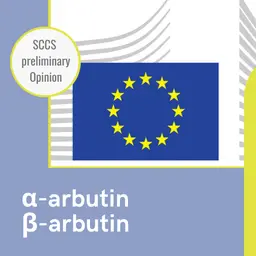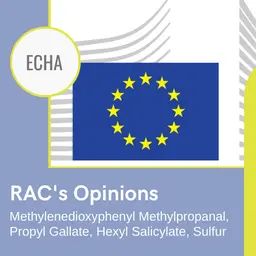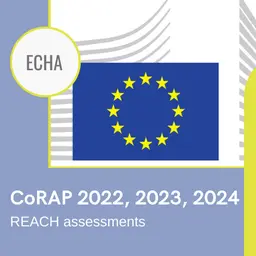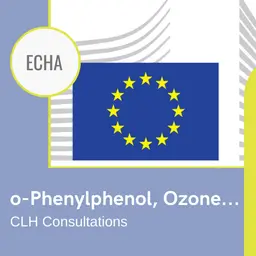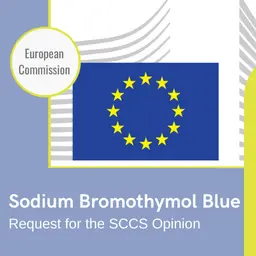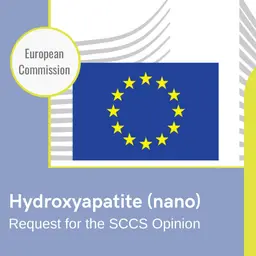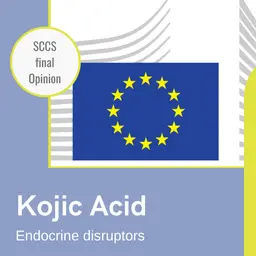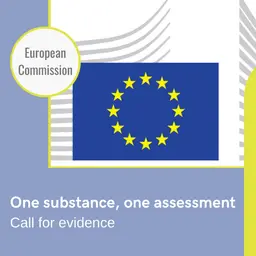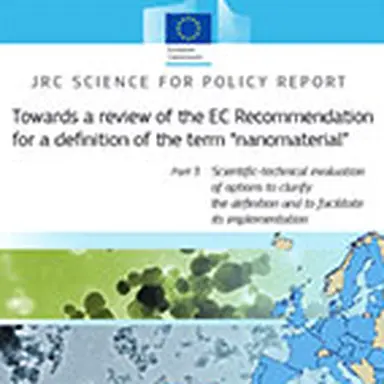
On July 10, 2015, the Joint Research Centre (JRC) has published science-based options to improve the clarity and the practical application of the European Commission recommendation on the definition of a nanomaterial. This is the last JRC report in a series of three, providing the scientific support to the Commission in its review of the definition used to identify materials for which special provisions might apply (e.g. for ingredient labelling or safety assessment). The Commission’s review process continues, assessing the options against policy issues.
The JRC communiqué
As the definition should be broadly applicable in different regulatory sectors, the report suggests that the scope of the definition regarding the origin of nanomaterials should remain unchanged, addressing natural, incidental and manufactured nanomaterials. Furthermore, size as the sole defining property of a nanoparticle, as well as the range of 1 nm to 100 nm as definition of the nanoscale should be maintained.
On the other hand, several issues seem to deserve attention in terms of clarification of the definition and/or provision of additional implementation guidance. These include:
• The terms “particle”, “particles size”, “external dimension” and “constituent particles”
• Consequences of the possibility of varying the current 50% threshold for the particle number fraction (if more than half of the particles have one or more external dimensions between 1 nm and 100 nm the material is a nanomaterial): variable thresholds may allow regulators to address specific concerns in certain application areas, but may also confuse customers and lead to an inconsistent classification of the same material based on the field of application
• Ambiguity on the role of the volume-specific surface area (VSSA): The potential use of VSSA should be clarified and ambiguities arising from the …

